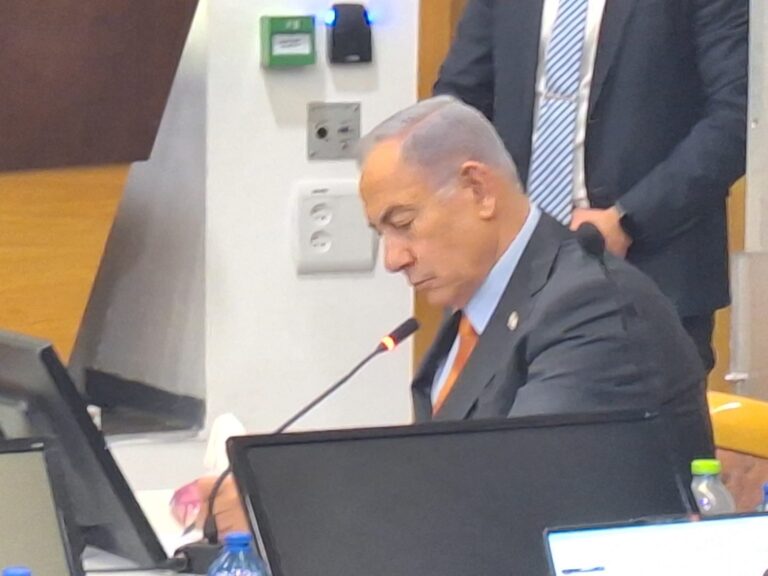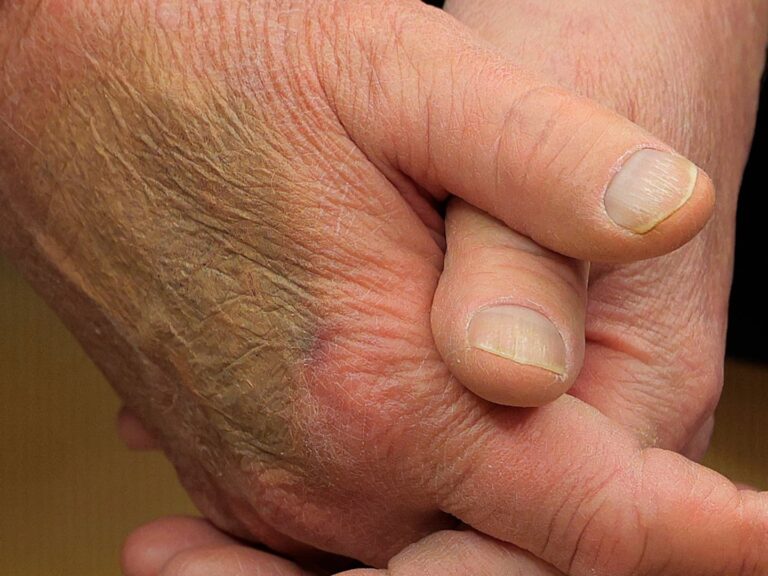 A safe exit and possible immunity from prosecution for President Bashar al-Assad “could be arranged” if it would end Syria’s increasingly bloody conflict, British Prime Minister David Cameron said on Tuesday before a visit to Saudi Arabia.
A safe exit and possible immunity from prosecution for President Bashar al-Assad “could be arranged” if it would end Syria’s increasingly bloody conflict, British Prime Minister David Cameron said on Tuesday before a visit to Saudi Arabia.
Some 32,000 people have been killed in Syria during a revolt against Assad that began with peaceful protests in March 2011 but became an armed rebellion after a deadly military crackdown.
“Done. Anything, anything, to get that man out of the country and to have a safe transition in Syria,” Cameron told the Saudi-based Al Arabiya news network in Abu Dhabi when asked about offering Assad safe passage.
“Of course I would favour him facing the full force of international law and justice for what he’s done. I am certainly not offering him an exit plan to Britain but if he wants to leave he could leave, that could be arranged,” he said.
It was unclear if Cameron had spoken to other U.N. Security Council members about the idea – which could involve offering Assad immunity from prosecution if he accepted asylum in a third country. Nor was it clear what nation would take him.
A spokesman for Cameron suggested separately that an immunity deal could – reluctantly – be put on the table.
“Clearly we would like Assad to face justice for what he has done, but our priority, given the situation in that country, has to be an end to violence and a transition. And that cannot take place while Assad remains in place,” the spokesman said.
The U.N. human rights office has said Syrian officials suspected of committing or ordering crimes against humanity should face prosecution at the International Criminal Court.
U.N. human rights investigators have been gathering evidence of atrocities committed by armed rebels as well as by government forces and pro-Assad militia.
Visiting the Middle East on a trade and diplomacy trip, Cameron is expected to discuss Syria with Saudi Arabia’s King Abdullah as well as other regional and commercial issues.
Saudi Arabia has led Arab efforts to isolate Assad’s government and has orchestrated Arab League moves to impose sanctions. Last month, Riyadh expelled Syrian consulate workers, after having expelled Syria’s ambassador in March.
Syria has accused Saudi Arabia and other Sunni Muslim states in the region of fuelling the bloodshed by backing the rebels.
The Syrian struggle has taken on a sectarian tone, with mostly Sunni rebels battling loyalist forces dominated by Assad’s minority Alawite sect, an offshoot of Shi’ite Islam.
Saudi Arabia and other Sunni Gulf Arab states are wary of powerful Shi’ite neighbour Iran, one of Assad’s few allies.
Assad’s other friends are China and Russia, Security Council members which have vetoed three Western-backed U.N. draft resolutions aimed at exerting pressure on the Syrian leader.
(Reuters)










